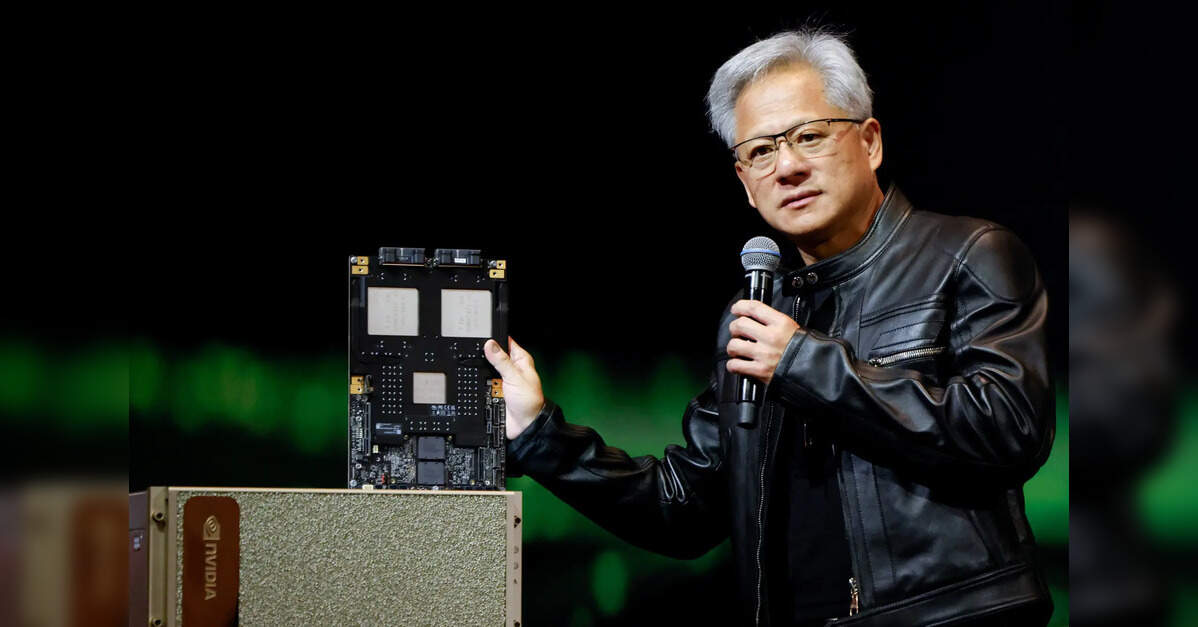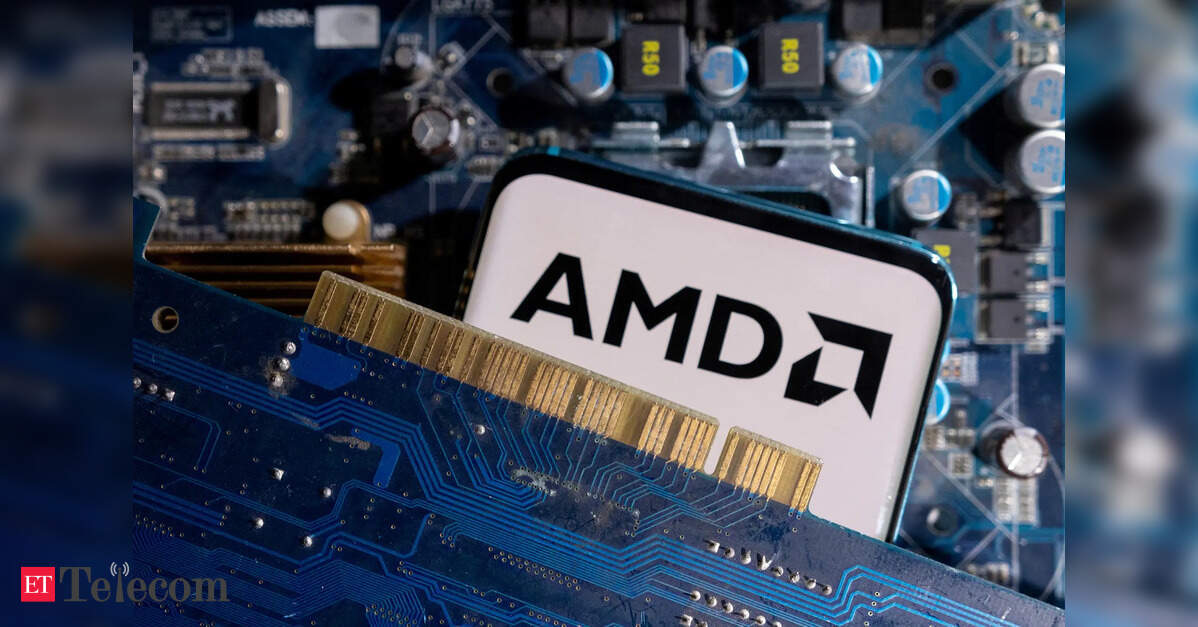Taiwan Imposes Export Controls on Tech Giants Huawei and SMIC

Taiwan has significantly tightened its export controls, a strategic move that is expected to present considerable challenges for Chinese technology behemoths Huawei and Semiconductor Manufacturing International Corporation (SMIC), particularly concerning their ambitious endeavors in artificial intelligence chip development. A recent report by Bloomberg highlighted that Taiwan’s International Trade Administration has officially designated both Huawei and SMIC, along with their associated subsidiaries, as entities falling under an updated classification of strategic high-tech commodities. This reclassification carries significant implications: any Taiwanese business intending to supply goods or services to either Huawei or SMIC will now be required to obtain explicit government approval prior to shipment.
The immediate consequence of these stringent new regulations is that Huawei and SMIC will effectively lose their previously unfettered access to Taiwan’s cutting-edge plant construction technologies, vital materials, and specialized equipment crucial for advanced semiconductor manufacturing. Experts quoted by Bloomberg suggest that this restriction could severely set back China's ongoing initiatives to independently develop and produce advanced AI semiconductors, underscoring Taiwan’s critical role in the global technology supply chain. The Taiwanese trade administration further elaborated on its decision, confirming that as of June 10, a substantial total of 601 entities had been added to this expanded entity list. These newly listed entities hail from a diverse range of countries, including Russia, Pakistan, Iran, Myanmar, and mainland China, with Huawei and SMIC being key inclusions from the latter. The overarching rationale articulated by the trade administration for these comprehensive controls is multifaceted, primarily aimed at combating the proliferation of arms and addressing a broader spectrum of national security concerns.
This decisive action by Taiwan underscores its increasing vigilance regarding the end-use of its advanced technological outputs and its commitment to safeguarding national interests amidst evolving geopolitical landscapes. The implications extend beyond just these two companies, reflecting a broader trend of technological decoupling and strategic control over critical components that power advanced computing and defense capabilities.












